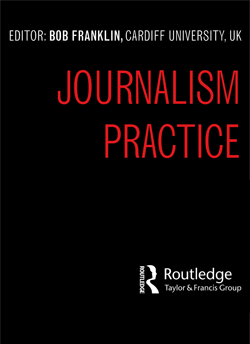
European societies are becoming increasingly multicultural and ethnically diverse as a result of immigration. This change, however, is not properly reflected in the European mass media, neither in the portrayal nor in the representation of immigrants in the mainstream media.
The aim of this paper is to analyse the newsmaking routines of mainstream newspapers and TV channels in six European countries (Greece, Ireland, Italy, the Netherlands, Poland amd the United Kingdom) with a view to showing which factors mostly influence these routines.
We analyse the impact of three factors on the making of migration-related news: (1) the news value of such news; (2) the role of newsmaking routines and in particular who selects what is published and why; and (3) the availability of alternative sources and the journalists' trust of different types of news sources.
The study shows that while migrant media follow the general rule that something negative has a higher news value, they are also bound up with additional challenges—notably that media do not cover migration as a topic regularly, that media outlets have a given “line” of coverage concerning migration and this contributes to shaping what kind of news are reported. Third, journalists are not always well networked with migrant sources to have access to them. While the rule of thumb “you have to talk to people who are directly involved” holds, not all journalists devote the necessary energy and time to present a balanced coverage of migration-related issues.For a full explanation of the methodology of the research project, please see the introduction in this themed section: http://dx.doi.org/10.1080/17512786.2012.740213 .
The paper is published on Journalism Practice, Volume 7, Issue 3, 2013 Special Issue "Themed Section on Migrants and the Media in the 21st Century: Obstacles and opportunities for the media to reflect diversity and promote integration".
Tags:The content of this article can be used according to the terms of Creative Commons: Attribution-NonCommercial 4.0 International (CC BY-NC 4.0) . To do so use the the wording "this article was originally published on the Resource Centre on Media Freedom in Europe" including a direct active link to the original article page.

